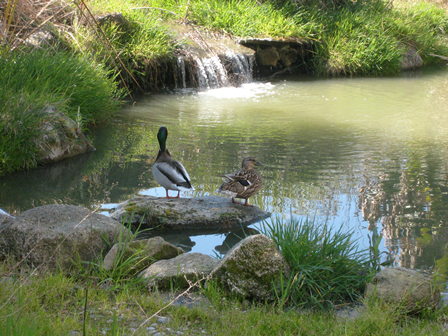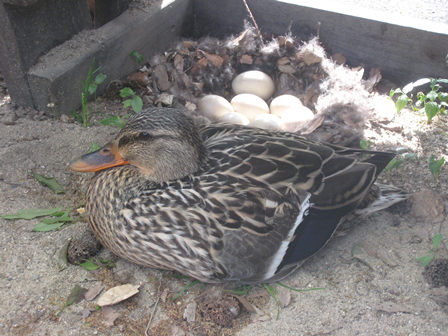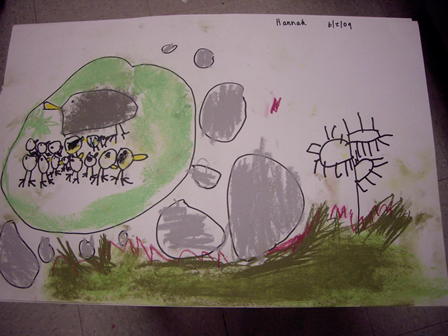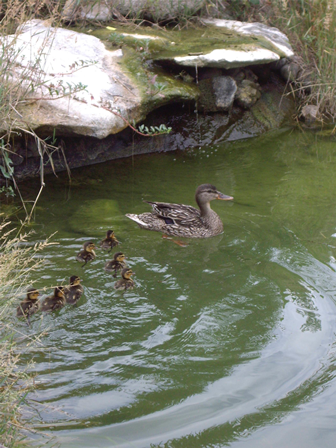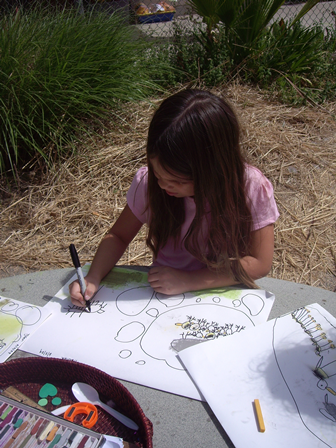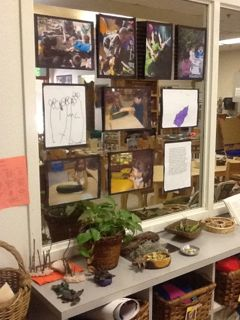Joyce M. Huggins Early Education Center

Reggio Emilia Inspired Education
The Huggins Center is dedicated to the study of a unique approach to education, the “Reggio Emilia Education” from the preschools in Reggio Emilia, Italy, rated as the “best schools in the world.” This inspiring approach is based on the notion that children have the capacity for representing ideas in a wide variety of symbolic modes, the "hundred languages of children" (Malaguzzi, 1998). Literacy development, critical thinking and creative expression are central to the curriculum. This approach is named after a city in Italy where the people developed their own teaching philosophy following World War II. The city is recognized worldwide for its innovative approach to education.
Principles Central to the Reggio Emilia Philosophy
- Children must have some control over the direction of their learning
- Children must be able to learn through experiences of touching, moving, listening, seeing, and hearing
- Children have a relationship with other children and with material items in the world that children must be allowed to explore
- Children must have endless ways and opportunities to express themselves
Inspired by Reggio Emilia, the Huggins Center recognizes that collaborative and participatory relationships among children, parents, teachers and others not only create powerful and successful education and care programs, but also improve the quality of life in the community.
Influenced by the Reggio-inspired idea that children must have some control over the direction of their learning, the Huggins Center curriculum is project-based. This approach emphasizes child and adult-negotiated research on a topic that is both meaningful to the children and worthy of study. An example of this is the Duck Discovery.
Duck Discovery
Preschool children discovered two ducks and a nest in the center’s pond environment. Their questions centered on where the ducks came from, what were in the eggs in the nest, and how long it would take for the eggs to hatch. Provoked by the children’s questions, the teacher provided opportunities for the children to research and investigate their inquiries and to document their findings.
Just as the students documented their newfound knowledge of the ducks in the pond, teachers at the Huggins Center document the process of learning by the children.
This Reggio-inspired style of documentation serves as a means of communication. For children, it shows that their work is valued and it allows them to revisit and reconsider the learning experience over time; for parents, the documentation panels involve them in the daily learning experiences of their children; and for teachers, it serves as a tool for assessment, the exchange of ideas, and curriculum development.
